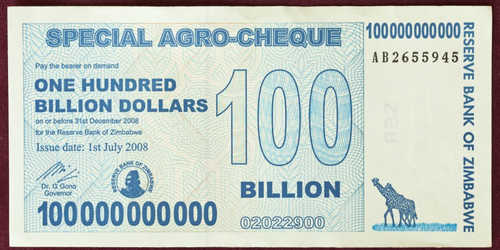18-24 year old rose 65%, with the continents of the Americas and Europe experiencing more than 50% growth. The research highlights an average of more than 80% in growth within some countries throughout Latin America, Europe, and Asia.
CoinMarketCap released a report which indicates a 43.24% growth among female users in Q1 2020.
According to the study, this is compared to a mere 15.5% increase seen in Q4 2019.
Greece taking the lead in the global statistics
Argentina leads throughout in Latin America. They experienced a growth of over 98.23%, followed by Colombia with 82.03%, and Venezuela with 80.23%.
Greece stands out with the fastest growth in Europe at 163.67%. They are followed by Romania with 125.09%, Portugal at 89.95%, Ukraine with 86.68%, and Czechia at 85.6%.
In Asia, only Indonesia registered a growth of over 88.92%.
Europe appears to be leading the growth rate among female users, showing 58.55% in Q1 2020, followed by the Americas with 50.59%.
Africa continues to have low numbers in terms of growth at a mere 17.99%.

Chinese users’ decline amid COVID-19 pandemic
Cointelegraph previously reported a significant decrease in users from China. The country fell from 13th to 24th place between January 14 and 25.
It is speculated that this occurred due to the increased censorship from the Chinese Great Firewall.
The National Bank of Cambodia Will Launch a Digital Payments Network This Quarter
The National Bank of Cambodia’s new digital currency is called Bakong.
It’s effectively a central bank digital currency (CBDC) that was launched on a trial basis throughout Cambodia in July. Chea Serey, director-general of the National Bank of Cambodia, said the system will be operational within the present fiscal quarter. Serey described Bakong as “the national payment gateway for Cambodia.”
Bakong will play a central role in bringing all players in the payment space in Cambodia under the same platform, making it easy for end-users to pay each other regardless of the institutions they bank with. Eventually, we hope to allow cross border payment through the Bakong system too.
Unlike most blockchain-driven cryptocurrencies, Bakong is a closed system that’s backed by banking authorities. A software wallet is linked to each user’s bank account for them to more easily interact with hard currency. The system supports real-time transactions while the National Bank of Cambodia stores centralized records about where the money goes.
This is a bit of an adjustment to Cambodia’s previous heading on cryptocurrency and blockchain technology. The country had previously issued requirements for a cryptocurrency business license – a Cambodian crypto exchange became the first such licensed business in August 2018.
In any event, the at-scale use case of a national bank granting its users the ability to transact with each other using blockchain verification seems sure to accelerate adoption.

